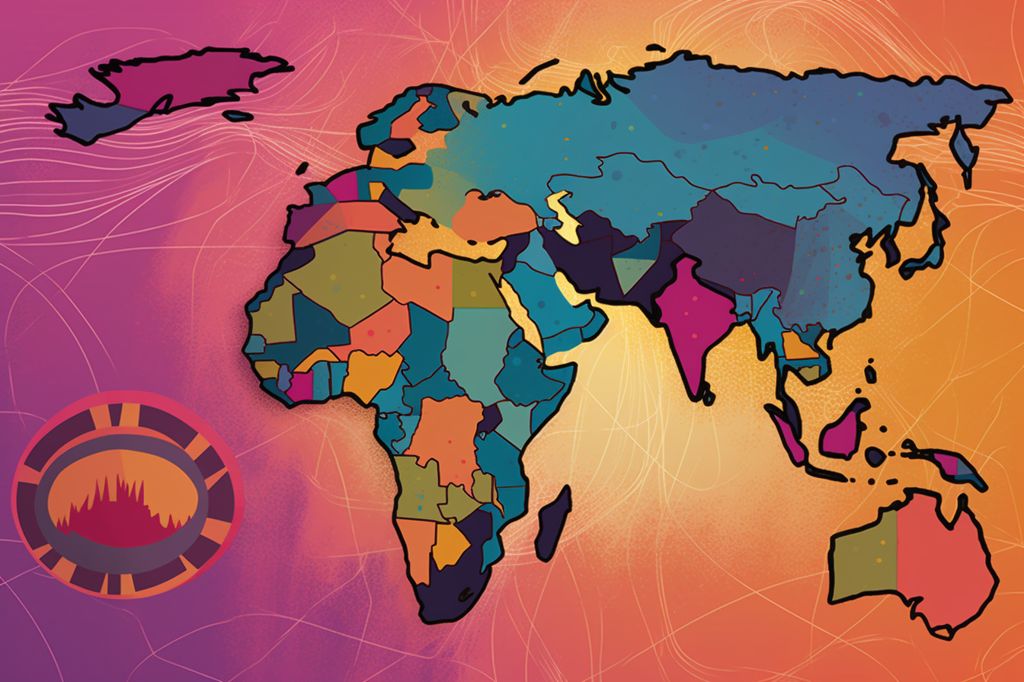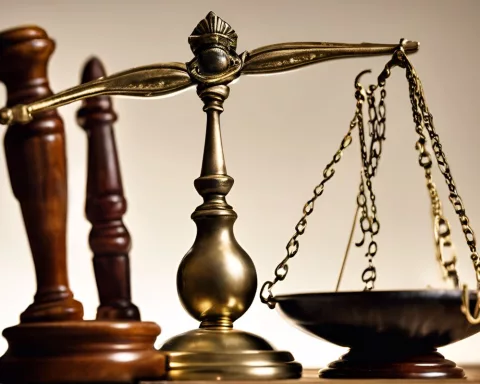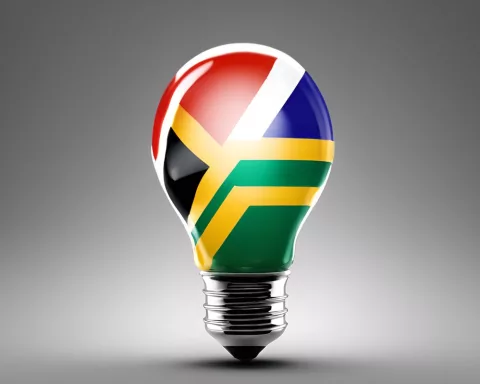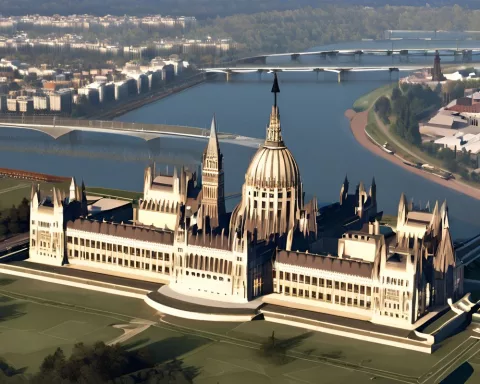The Electoral Commission of South Africa and the University of Venda will be hosting a two-day international symposium on May 25th and 26th, 2023 at the University of Venda Auditorium in Thohoyandou, Limpopo Province. The symposium aims to gather national and international experts from various academic and electoral democracy fields to discuss and exchange ideas on the crucial theme: The role of the Judiciary in Mediating Electoral Processes and Outcomes in Africa.
An Essential Platform for Knowledge Sharing
The International Symposium on Judiciary and Elections is a significant event that offers a platform for the presentation of the latest research findings on the vital role of the judiciary in mediating electoral processes and outcomes. This gathering holds the potential to provide deep insights and a better understanding of the implications of judicial mediation on electoral democracy in Africa.
A Stimulating and Insightful Program
The symposium will feature a stimulating and insightful program spread over two days, starting at 9 am and ending at 5 pm on both 25th and 26th May. An impressive lineup of speakers from various backgrounds, ranging from esteemed academics to practitioners working in the trenches of electoral democracy, will share their knowledge and experiences contributing to a rich and engaging discussion on the significance of the judiciary in electoral processes.
Media Invitation
Members of the media interested in attending the event must confirm their attendance with Ms. Hlengiwe Makhoba of the Electoral Commission’s Communication Department by Monday, May 22nd, 2023. Media queries can be directed to Kate Bapela. Email requests for media interviews to spokesperson@elections.org.za.
Shaping the Future of African Democracy
The symposium will play a significant role in shaping the future of electoral democracy in Africa. By encouraging dialogue, fostering understanding, and generating innovative ideas, the symposium promises to contribute significantly to the development of fair and transparent electoral processes across the continent. The discussions and exchange of ideas during this symposium will help in identifying the best practices and strategies for strengthening the relationship between the judiciary and electoral systems in Africa.
A Gathering of Minds for African Democracy
In conclusion, the International Symposium on Judiciary and Elections is a pivotal gathering of minds committed to advancing African democracy through cooperation, knowledge sharing, and collective action. The collaborations and partnerships forged during this event will undoubtedly have a lasting impact on the future of electoral democracy in Africa. The symposium is a testament to the power of shared knowledge and open dialogue in the pursuit of a better future for all Africans.











